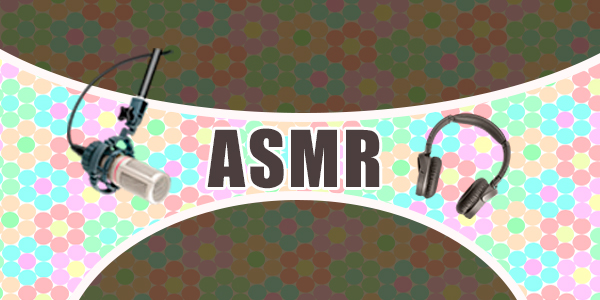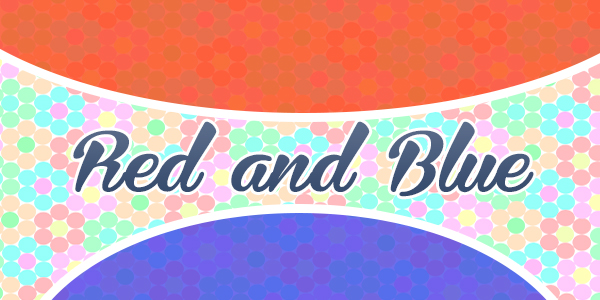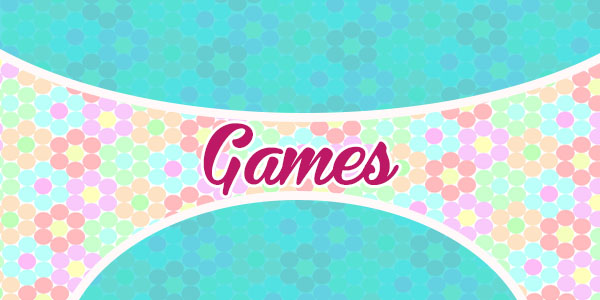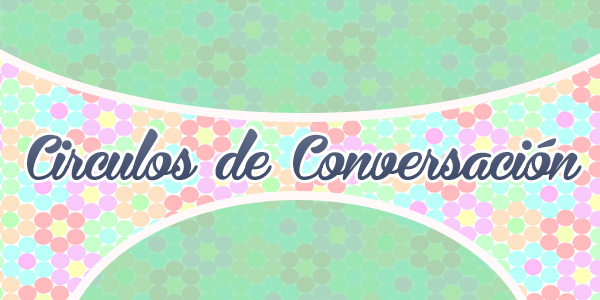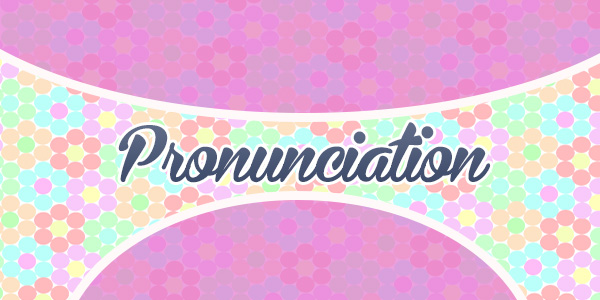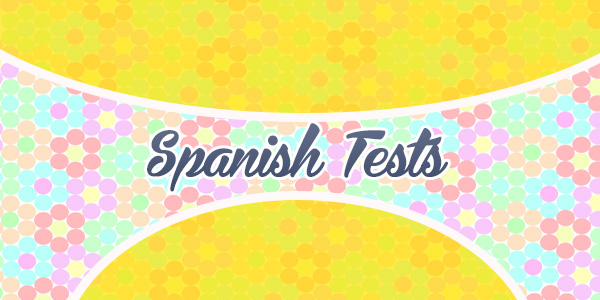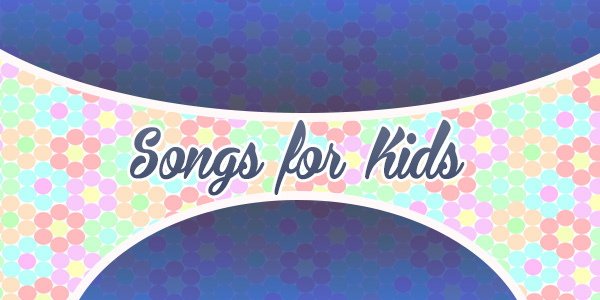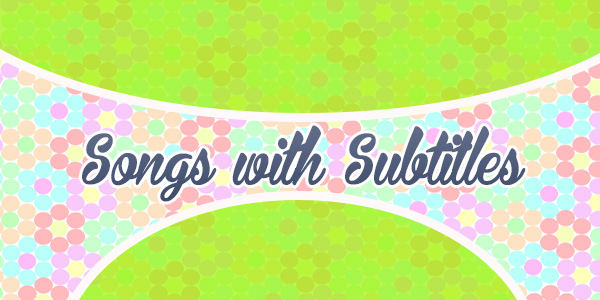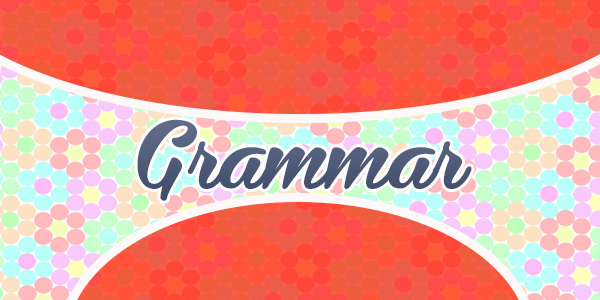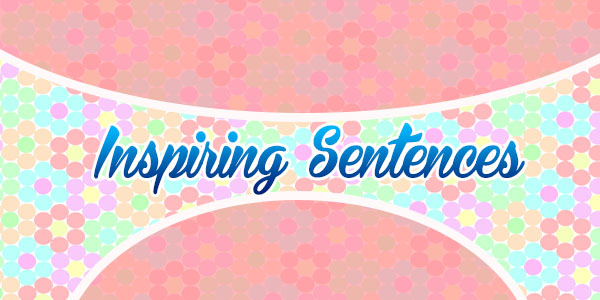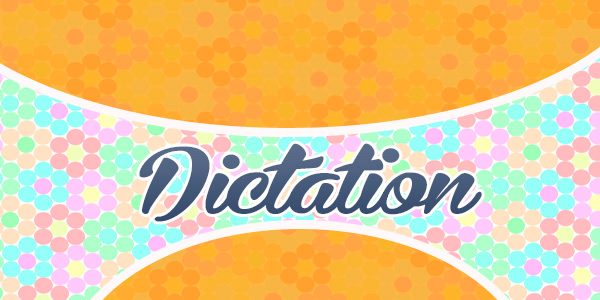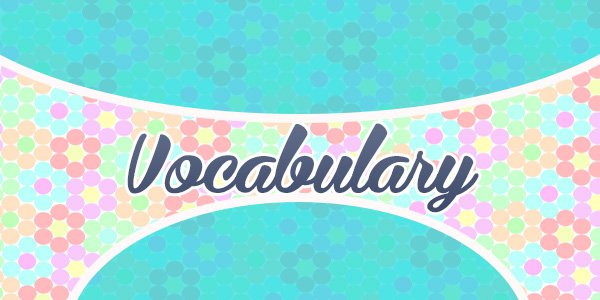5 hechos fascinantes para compartir con tus amigos – parte 2
In this post, “5 hechos fascinantes para compartir con tus amigos – parte 2”, join us for a fascinating journey through five surprising facts! Whether you’re a trivia enthusiast or just curious about the world, this video offers a perfect blend of knowledge and entertainment. From ancient honey to the secret life of trees, grab your notepad or simply listen along as we explore these intriguing topics together. Get ready to be amazed and learn something new!
5 Fascinating Facts to Share with Your Friends! – parte 2
| Spanish | English |
|---|---|
| Dato 1: Los pingüinos emperador pueden bucear a profundidades de más de 500 metros | Fact 1: Emperor penguins can dive to depths of over 500 meters |
| Estas increíbles aves marinas tienen características únicas que les permiten sobrevivir en las condiciones extremas de la Antártida. | These incredible seabirds have unique characteristics that enable them to survive in the extreme conditions of Antarctica. |
| Cuando se sumergen, su ritmo cardiaco disminuye considerablemente para conservar oxígeno, y sus fuertes huesos les ayudan a evitar los efectos de la aplastante presión de las profundidades. | When they dive, their heart rate slows considerably to conserve oxygen, and their strong bones help them avoid the effects of crushing deep-sea pressure. |
| Gracias a estas adaptaciones, pueden permanecer bajo el agua más de 20 minutos en busca de alimento. | Thanks to these adaptations, they can stay underwater for over 20 minutes in search of food. |
| Dato 2: La duración de un día en Venus | Fact 2: The length of a day on Venus |
| Venus es el planeta más lento del sistema solar en términos de rotación. | Venus is the slowest planet in the solar system in terms of rotation. |
| A diferencia de la Tierra, que gira sobre sí misma en 24 horas, Venus tarda unos 243 días terrestres en completar una rotación sobre su eje. | Unlike the Earth, which rotates on itself in 24 hours, Venus takes around 243 Earth days to complete one rotation on its axis. |
| Esto significa que un solo «día» en Venus tarda más que un año en Venus, que dura unos 225 días terrestres. | This means that a single “day” on Venus takes longer than a year on Venus, which lasts around 225 Earth days. |
| Pero eso no es todo: de los demás planetas, un fenómeno conocido como rotación retrógrada. | But that’s not all: Venus rotates in the opposite direction to most other planets, a phenomenon known as “retrograde rotation”. |
| Esto significa que gira en sentido contrario a la mayoría de los demás planetas, incluida la Tierra. | This means that it rotates in the opposite direction to most other planets, including the Earth. |
| Dato 3: Los bebés nacen sin rótulas | Fact 3: Babies are born without kneecaps |
| Al nacer, las rodillas de los bebés están formadas por cartílago blando, que permite una mayor flexibilidad durante el parto. | At birth, babies’ knees are made of soft cartilage, which allows greater flexibility during delivery. |
| Con el tiempo, este cartílago empieza a osificarse y a convertirse en hueso. Este proceso de calcificación suele completarse entre los 2 y los 6 años, cuando las rótulas empiezan a formarse por completo. | Over time, this cartilage begins to ossify and turn into bone. This calcification process is generally completed between the ages of 2 and 6, when the kneecaps begin to form fully. |
| Esta flexibilidad inicial también ayuda a los bebés a gatear y caminar sin lesionarse fácilmente. | This initial flexibility also helps babies to crawl and walk without injuring themselves easily. |
| Dato 4: El Parque Nacional de Wood Buffalo es más grande que Suiza | Fact 4: Wood Buffalo National Park is bigger than Switzerland |
| A caballo entre Alberta y los Territorios del Noroeste, el Parque Nacional de Wood Buffalo es el mayor parque nacional de Canadá, con más de 44.800 kilómetros cuadrados, más grande que Suiza. | Straddling Alberta and the Northwest Territories, Wood Buffalo National Park is Canada’s largest national park, covering more than 44,800 square kilometers, larger than Switzerland. |
| El parque también está reconocido como Patrimonio de la Humanidad por la UNESCO, en parte por sus vastas llanuras salinas naturales y sus hábitats de humedales, que sirven de refugio a miles de especies en peligro de extinción. | The park is also recognized as a UNESCO World Heritage Site, in part because of its vast natural salt plains and wetland habitats, which provide refuge for thousands of endangered species. |
| Dato 5: Los pulpos tienen tres corazones | Fact 5: Octopuses have three hearts |
| Los pulpos son criaturas fascinantes no sólo por su inteligencia, sino también por su singular anatomía. | Octopuses are fascinating creatures not only because of their intelligence, but also because of their unique anatomy. |
| Los pulpos tienen tres corazones: dos bombean sangre a las branquias, mientras que el tercero bombea sangre al resto del cuerpo. | Octopuses have three hearts: Two hearts pump blood to the gills, while the third pumps blood to the rest of the body. |
| Cuando un pulpo nada, el corazón principal deja de latir, lo que explica por qué prefieren arrastrarse para ahorrar energía. | When an octopus swims, the main heart stops beating, which explains why they prefer to crawl to save energy. |
